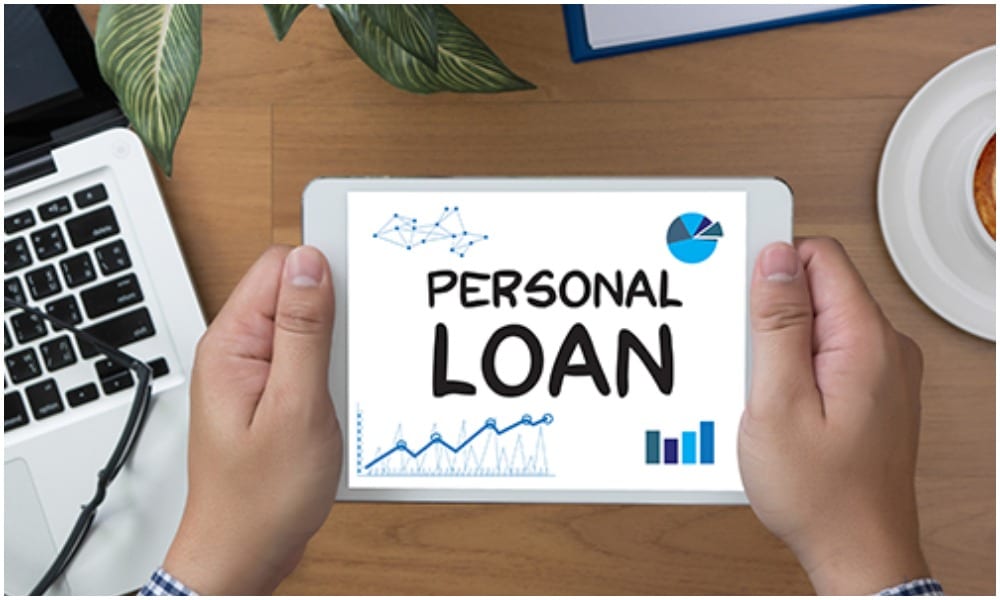
Do You Have a Credit Card Debt? Personal Loan Can Be Your Saviour

We all land in sticky situations where it becomes hard to manage credit card debts, enormous interest costs, fixed monthly payments, and bills that won’t leave you alone. While this situation has possibly sunk many people, there is a way out – personal loan.
Hear us out before dismissing this solution! Personal loans have lesser interest rates than credit cards and more room for repayment, depending on the terms and conditions of the loan.
Here are a few more benefits of setting off your existing debt with another debt:

pathdoc/Shutterstock: Credit Card debt
- Flexibility – A personal loan offers little to no restrictions on the usage of funds, greater flexibility on repayment terms, and depending on your credit score, could potentially lessen financing costs.
- Reduced APRs– Whichever loan you decide to take, the chances are that it will have lesser interest rates than your credit card debt. Credit card companies are notorious for charging APR as high as 36% once you have defaulted in your payments. This makes matters worse.
- Repayment period is fixed – A personal loan can have a repayment period ranging between 12 and 60 months. An important thing to understand here is, shorter the repayment period, lesser the APR, and vice versa.
- Additional Liquidity – You’ll get the cash which will more than cover your existing debt and can also take care of any pesty bills or payments, temporarily freeing you of stress.
- No Collateral Needed – The most significant concern that borrowers have is the non-availability of security. Fortunately, a personal loan is an unsecured solution, meaning you do not have to put down any collateral.
There are a few things to keep in mind before you seriously start considering availing a personal loan.
Keep an eye out for any hidden charges that your lender may levy,and thoroughly read and understand the terms and conditions of the loan contract. The costs of the loan are also driven by initiation fees, service fees, or processing charges, and several penalties in case of a default.
Will You Be Approved For A Personal Loan?

Rawpixel.com/Shutterstock: Getting approval
The answer to the above question is dependent on having a good credit score, which signifies a healthy relationship with managing finances, and appeals to lenders. Higher the credit score, the lesser the chances of defaults. It can also help you to get cheaper loans on your preferable terms.
On the other side, if you already have racked up a considerable amount of outstanding debt, it will undoubtedly show up in checks performed by the lenders. The consequences of which may result in rejection of loan application and higher financing costs—ultimately meaning that you will have to set off the existing debt with an even more expensive solution.
In any case, your finances should be in a favorable position to pay off a debt that is going to be around for a couple of years, at the very least. Retrospection on how you got into the harsh condition in the first place will also help you manage your future finances better and, hopefully, avoid the same situation.
Integrating Your Debt
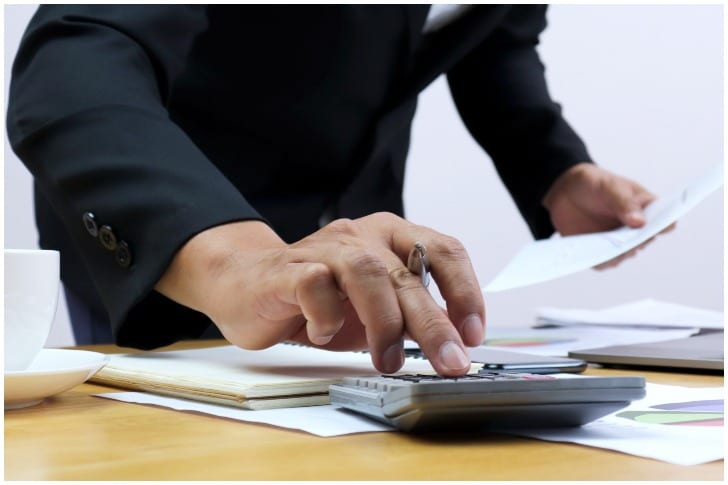
ArthonMeekodong/Shutterstock: Debt integration
Another most common question asked is how much to borrow? Here’s an answer for you.
- Know your credit score– You’ll have to decide a ballpark amount needed when you are aware of your credit rating. If you find out that your rating is less than desired, work on improving your score and then re-apply for the loan, or you may be able to find a lender that allows loan within your credit range.
- Evaluate your finances – Figure out the exact amount of debt,and also the additional charges.You will have a much clearer picture once you know how much you owe.
- Compare and study your options – Pre-qualifying for loans from multiple lenders lets you to compare APRs, lending period, and other terms, allowing you to choose as per your needs.
- Application – The next step after shortlisting a lender is to put in your loan application. Documentation with tax forms, bank details, and personal information is required.
- Pay existing debt – You can choose to pay the debt yourself, or lenders may pay on your behalf after sanctioning the loan amount.
- Pay personal loan – Ensure that you spend the newer loan time to reinstate your credit score.
Taking a personal loan is an attractive solution for many to pay off their existing debts, but it should be done with proper research and knowledge
More in Financial Planning
-
`
While The World’s Leading Automakers Are Following Tesla’s “Gigacasting,” Toyota Is Not Yet Ready to Join the EV Race
In the rapidly evolving world of electric vehicles (EVs), automakers are constantly seeking innovative strategies to streamline production and enhance efficiency....
December 12, 2023 -
`
The Epic Battle: Unveiling the Epic vs. Google Legal Showdown
In a déjà vu moment for tech enthusiasts, Fortnite publisher Epic Games is gearing up for a legal battle against Google,...
December 6, 2023 -
`
Why Getting Loans From Your Bank Is Tougher Than Ever
Banks are ‘purposefully’ making the process of loans difficult. And there are multifarious reasons. New regulations are continually being introduced to...
November 27, 2023 -
`
The EU Sets 40% Women Workplace Quota to Boost Gender Equality
If there is a lesson we have learned from the corporate world over the years, it is that diversity is not...
November 18, 2023 -
`
Everything You Need to Know About Legal Asylum
You know, there is a word out there that has been both a beacon of hope and a subject of heated...
November 11, 2023 -
`
How to Avoid Hefty Energy Bills? 6 Effective Tips
The dreaded energy bill is no secret today. Every month, it drops in, and every month we wince, wondering, “How did...
November 3, 2023 -
`
Steve Harvey’s Financial Fall: Divorce From Mary Lee Harvey
Steve Harvey, the comedian and television personality we have all come to know and love, has seen his fair share of...
October 29, 2023 -
`
How Extreme Weather Can Sabotage Tourism-Based Small Businesses
Ever dreamt of owning a cozy beachfront café in Bali or a serene cabin retreat in the snowy Alps? If so,...
October 19, 2023 -
`
Everything You Need to Know About Debt Relief
Debt relief is a broad term that refers to strategies, plans, or programs that can help you reduce or eliminate your...
October 13, 2023
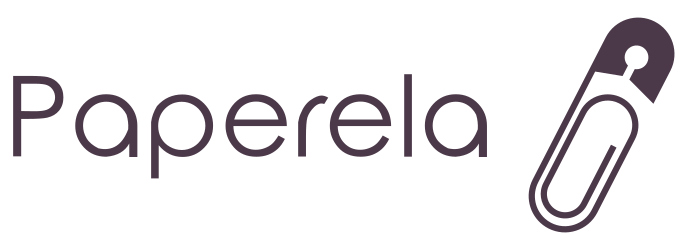

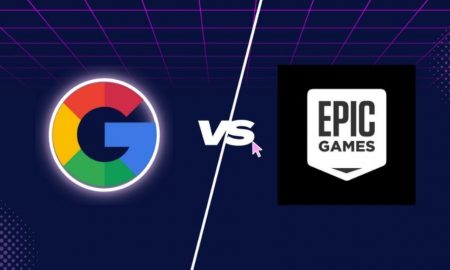







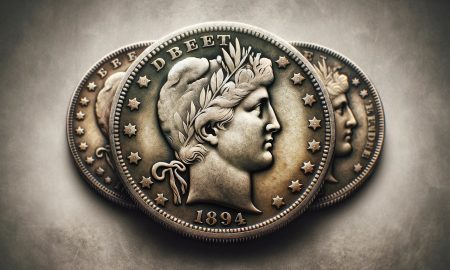




You must be logged in to post a comment Login